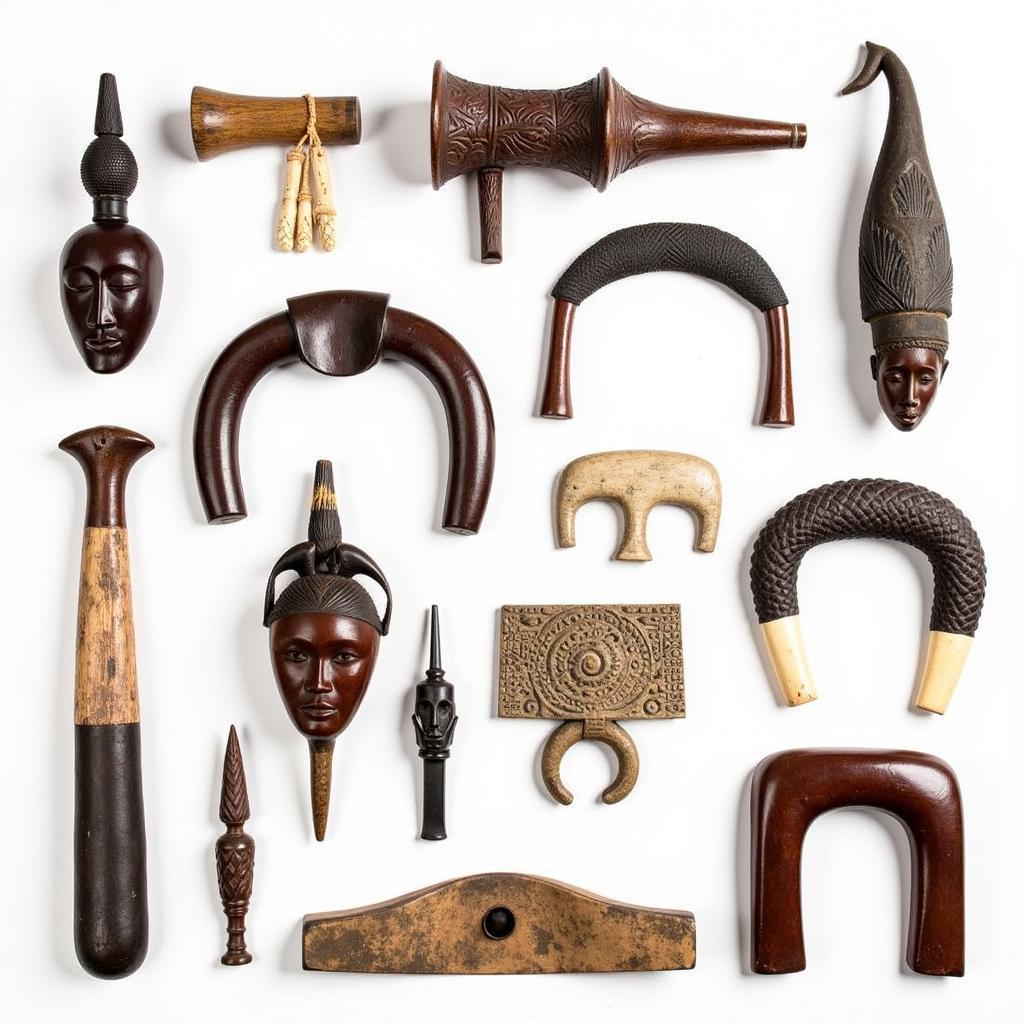African Boom Powered by Wireless Money
The African continent is experiencing a period of unprecedented economic growth, fueled by a surge in mobile phone penetration and the rapid adoption of wireless money transfer services. This “African Boom Powered By Wireless Money” is transforming lives, empowering businesses, and reshaping the financial landscape across the continent.
The Rise of Mobile Money in Africa
Unlike developed nations where traditional banking systems are deeply entrenched, Africa’s financial landscape has been characterized by limited access to formal banking services, particularly in rural areas. This created a unique opportunity for mobile money to thrive. With the explosive growth of mobile phone usage, mobile network operators seized the opportunity to bridge the gap, introducing mobile money services that allowed users to perform financial transactions using their phones.
These services, such as M-Pesa in Kenya and MTN Mobile Money in various countries, quickly gained traction. Their simple, user-friendly interfaces and low transaction fees made them accessible to a vast population previously excluded from the formal financial sector.
A Catalyst for Economic Growth
The impact of wireless money on the African economy has been profound.
Financial Inclusion and Empowerment
Mobile money has brought millions of Africans into the formal financial system for the first time. This newfound access to financial services has empowered individuals, allowing them to save money securely, receive and send funds easily, and access micro-loans to start or expand businesses.
Boosting Business and Entrepreneurship
The ease of transactions facilitated by mobile money has been a boon for businesses, particularly small and medium-sized enterprises (SMEs). It has reduced the reliance on cash, streamlined payments, and facilitated cross-border trade. This has spurred entrepreneurial activity and contributed to the growth of the informal sector.
Government Services and Transparency
Governments across Africa are increasingly leveraging mobile money platforms to deliver social welfare payments, disburse agricultural subsidies, and collect taxes more efficiently. This has improved transparency, reduced leakages, and empowered citizens by providing them with direct access to government services.
Challenges and Opportunities
While the impact of wireless money in Africa has been largely positive, challenges remain. These include concerns about data privacy and security, the need for greater financial literacy, and the potential for fraud and misuse. However, these challenges also present opportunities for innovation and collaboration.
The Future of Wireless Money in Africa
The “African boom powered by wireless money” is still in its early stages. As technology continues to evolve and smartphone penetration increases, the potential for growth and innovation in the mobile money space is immense. We can expect to see further integration of financial services, the emergence of new business models, and the continued empowerment of individuals and communities across the continent.
Conclusion
Wireless money has emerged as a transformative force in Africa, driving economic growth, fostering financial inclusion, and empowering individuals and businesses. As the continent continues to embrace digital innovation, the “African boom powered by wireless money” is poised to reshape the future of finance and create a more prosperous and inclusive society for all.

